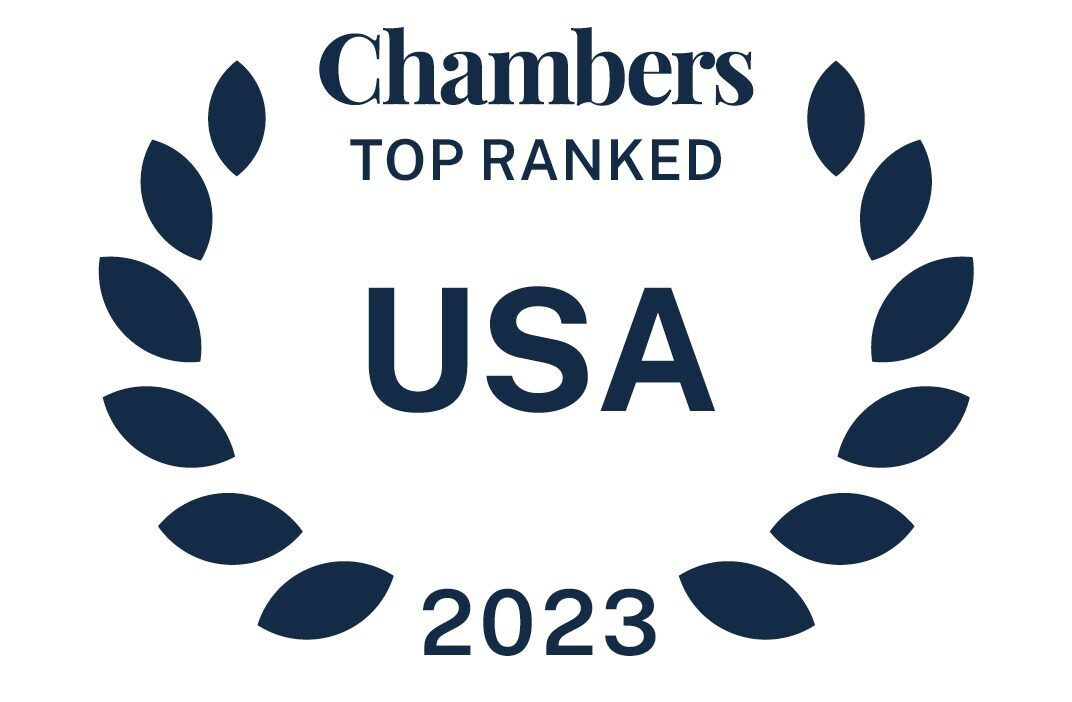Trending in Telehealth highlights monthly state legislative and regulatory developments that impact healthcare providers, telehealth and digital health companies, pharmacists, and technology companies that deliver and facilitate the delivery of virtual care.
Trending in January:
- Expanded use of telehealth across specific care settings, including reproductive health, maternity support services, controlled substance prescribing, and crisis care
- Telehealth compliance and disciplinary standards
- Broader use of out-of-state registration pathways and licensure compacts to support interstate practice
A CLOSER LOOK
Proposed legislation & rulemaking:
- In New York, S 1438 passed the first chamber. The bill would establish a program within the New York State Department of Health to train healthcare practitioners in abortion and related reproductive care services, including telehealth delivery of such services.
- In Vermont, HB 84 passed the first chamber. It would amend the state’s telehealth law, which currently prohibits a healthcare provider or patient from recording a telemedicine consultation, to allow telehealth appointments to be recorded with both patient and provider consent.
- In Wisconsin, SB 214 passed both chambers. If signed by the governor, the bill would allow out-of-state healthcare providers to register with the Wisconsin Department of Safety and Professional Services (DSPS) to provide telehealth services to patients in Wisconsin in lieu of requiring licensure or other registration in the state. Registered providers could provide services within the scope of practice established under Wisconsin law and would be subject to disciplinary action in Wisconsin. Registration requirements would include holding an active, unencumbered out-of-state credential that authorizes similar services in the provider’s home state; having no recent disciplinary history; designating an in-state registered agent; and maintaining malpractice coverage for services provided to Wisconsin patients. The law would prohibit registered telehealth providers from opening an in-state physical practice without obtaining a Wisconsin credential and would require DSPS to publish a list of registered telehealth providers.
- In New Mexico, HB 13 and HB 11 each passed the first chamber. They would adopt the Occupational Therapy Licensure Compact and the Audiology and Speech Language Pathology Compact, respectively.
- A Washington proposed rule would permit state Medicaid reimbursement for certain maternity support services delivered through telemedicine, including an initial screening, replacing requirements that such services be provided in person.
- In New Hampshire, a proposed rule would introduce an option for participants in the Choices for Independence program to elect to receive services via telehealth subject to certain requirements, including that the provider assess the appropriateness of telehealth delivery for the participant and ensure that the participant has adequate access to any necessary technology before services are provided.
- In Wisconsin, a proposed rule would impose additional requirements on crisis care facilities. The rule would mandate the adoption of policies addressing telehealth, artificial intelligence, and consultation via electronic communication and would require facilities to maintain adequate 24/7 staffing, including through the use of telehealth.
Finalized legislation & rulemaking activity:
- [...]
Continue Reading




